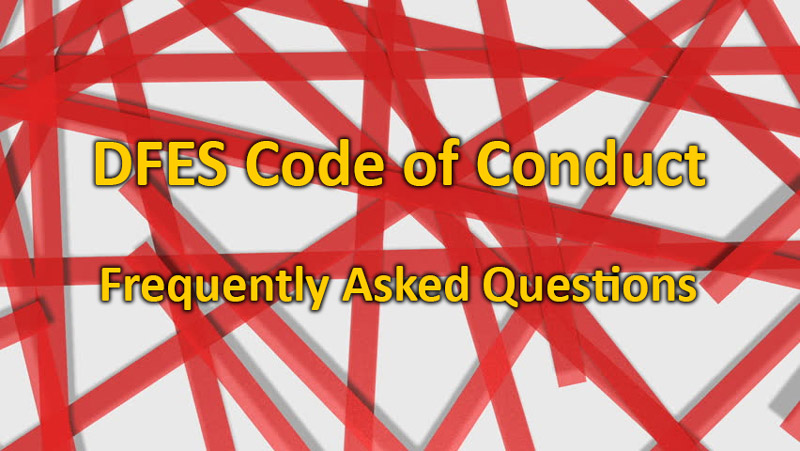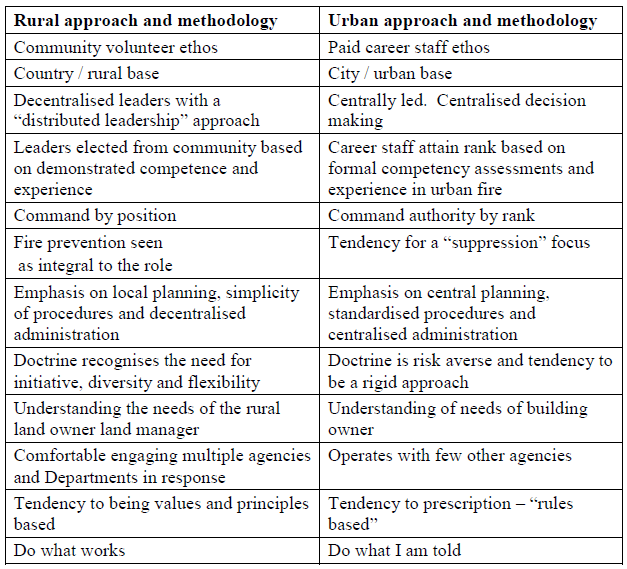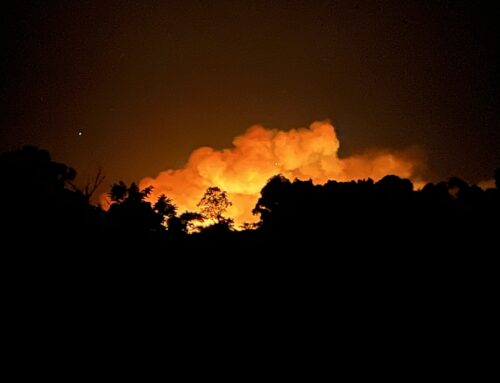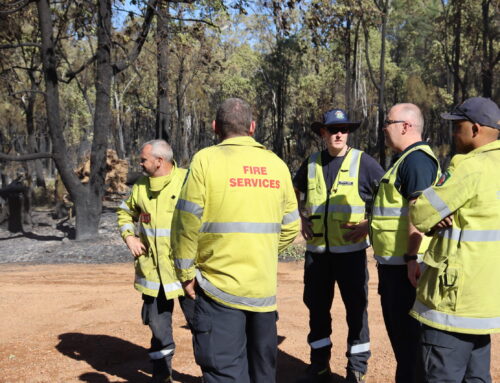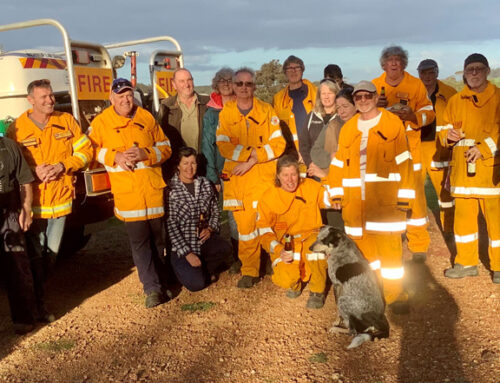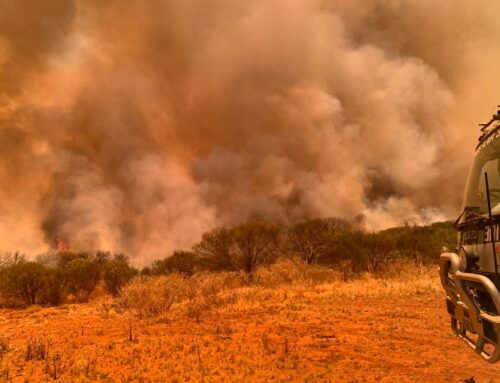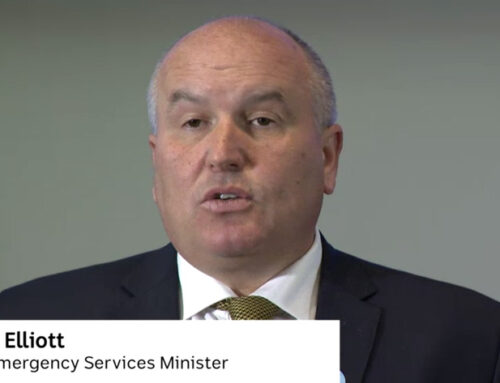As we reported last week, Nationals Member for Warren-Blackwood Terry Redman was evidently contacted by at least one volunteer about the recently “redesigned” DFES Code of Conduct that included a statement saying volunteers may not speak with Members of Parliament or the media about “Departmental business”.
Since then, we’ve been asked a number of times so we have created this short Frequently Asked Questions (FAQ) post to help answer the questions.
The answer is no.
To provide extra reassurance to our members, this is what the Emergency Services Minister Hon Fran Logan MLA said in Parliament about it on 23 June 2020 (full debate here):
“I will go through the groups of volunteers that are covered by the Department of Fire and Emergency Services: they are the volunteer fire and rescue service, the State Emergency Service, the volunteer fire and emergency services and, of course, the Volunteer Marine Rescue Services.
When it comes to anybody, whether politicians or not, going along and talking to their bush fire brigade volunteers who are covered by local government, that has nothing to do with me. If the member wants to go along and talk to them and have his picture taken before the election, he can go along and do that if they want to talk to him…
…there is a code of conduct. Just like you cannot walk into any government agency and get your photograph taken with public servants, nor should you be able to do that with people who are part of the state apparatus.
Even though they are volunteers, they are still part of the state apparatus, and the Fire and Emergency Services Commissioner himself would like to know. That is the reason it is there. Those volunteers come directly under him in all their actions, in all their legal coverage, and in terms of their discipline, and they do not want people like you or any other MP going in and interfering with what those volunteers do without notice. There is no problem at all with you contacting my office and seeking approval, and then going along; there is no problem with doing that.”
The answer to this goes to the core of why we (and others) believe the Bush Fire Service must never be merged into DFES.
This isn’t a poke at the Department of Fire and Emergency Services – quite the contrary. The fact is DFES does a great job of managing and resourcing the Career Fire & Rescue Service (CFRS) and most of its volunteers. Unlike other States, WA has traditionally had little to no industrial relations issues between our 1,200 or so paid firefighters and the State, and record amounts of money have been spent to ensure the CFRS and most DFES-managed Volunteer Services are properly resourced.
However, as the Report of the Special Inquiry into the January 2016 Waroona Fires (Ferguson Review) made patently clear, the culture and methodologies used by those service are vastly different to those of the Bush Fire Service:
“Over the years, even though the common goal between rural and urban fire services is prevention and suppression, there have been quite differences in approach and methodology adopted. The table following attempts to describe these differences in approach as two ends on a continuous spectrum each suited to the context in which they operate. Table 15.2 extends the “approach and methodology” concept to styles of command, control and coordination.”
Table 15.2: Rural and urban approach and methodology (Ferguson Review)
Perhaps the most controversial elements of the DFES Code of Conduct are the requirement for volunteers to:
“Not respond to any media enquiries unless authorised”
and
“Not contact or communicate with any Federal or State Members of Parliament regarding Departmental business; or invite or allow them onto any DFES premises unless authorised”
While there has been a lot made of these two lines by some, the association completely understands and supports their inclusion in the DFES Code of Conduct. The truth is, these directives are entirely appropriate for employees of government and can be found in Codes of Conduct of the vast majority of Departments in every state of Australia.
Noting that the DFES Code of Conduct simply does not apply to Local Government Bush Fire Volunteers (our members), we acknowledge that for DFES (and any other government department that engages volunteers) this is not an easy issue to resolve.
As a State Government Department, DFES has a legislated obligation to develop and implement a Code of Conduct and a whole bunch of other policies and procedures to answer the questions all governments get about the way they operate. But on the other hand, DFES is a little bit different to most other government departments who only have to manage people they pay to behave in a certain way.
On top of that, the embedded “Command and Control” culture of DFES creates an even stronger expectation that everyone will do as they are told and follow a chain of command in regard to process.
It’s the combination of these two factors that make it impossible for the Bush Fire Service to be managed by DFES – and hence, why the Ferguson Review recommended the creation of a Rural Fire Service that ideally would be independant of DFES.

